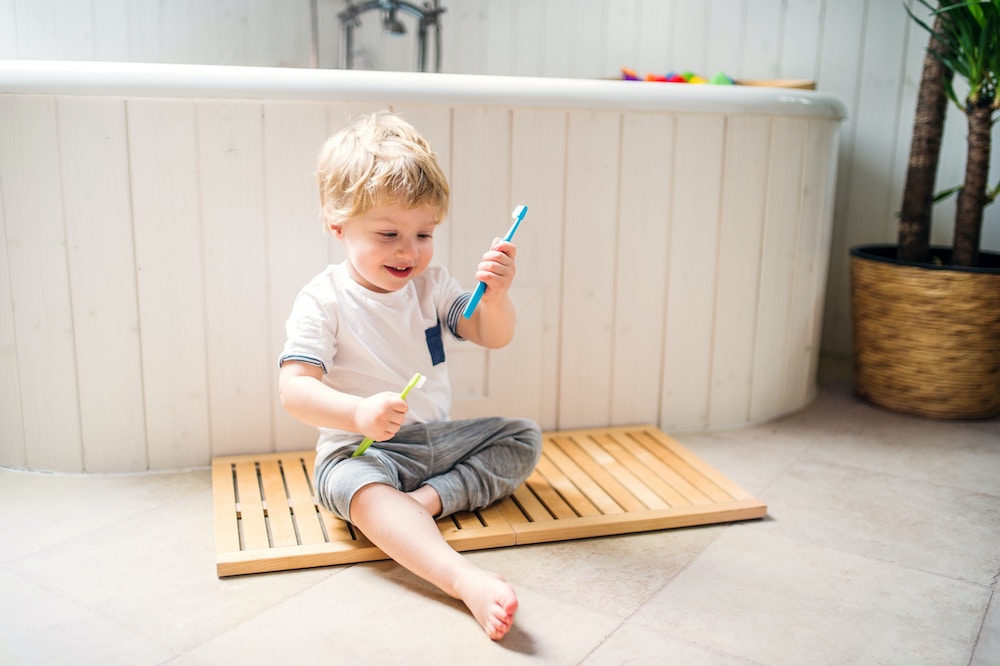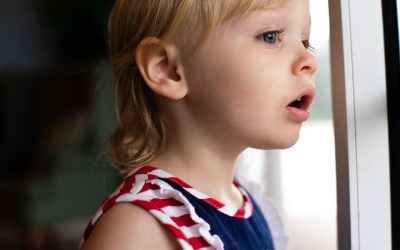As parents, we know the well-being of our little ones is a top priority and this includes teaching children personal hygiene. Teaching your children the importance of maintaining good hygiene habits can go a long way in preventing the spread of illnesses and promoting overall health.
In this article, we will explore why personal hygiene is essential, different practices such as handwashing and dental care, and how these habits contribute to a healthier lifestyle. Let’s dive in!
Why is Personal Hygiene Important?
Personal hygiene is the practice of maintaining cleanliness to prevent diseases and improve overall health. Good hygiene habits are essential because they help prevent the spread of germs and bacteria, which can lead to infections and illnesses.
According to the Centers for Disease Control and Prevention (CDC), handwashing alone can reduce the risk of respiratory infections by 16% and diarrheal diseases by 31%.
Teaching children good hygiene habits early in life can help establish lifelong practices that contribute to their overall well-being.
Handwashing: A Simple Yet Effective Practice
One of the most crucial aspects of personal hygiene is handwashing. Proper handwashing can prevent the spread of germs and bacteria, which helps keep your child and those around them healthy.
A lot of younger kids like to put the soap on their hands and get them straight in the water, which can be ineffective.
Here are some essential handwashing tips to teach your child:
- Wet their hands with clean, running water and apply soap.
- Lather their hands by rubbing them together, ensuring they cover the back of the hands, between the fingers, and under the nails.
- Scrub their hands for at least 20 seconds. Teach them to sing the “Happy Birthday” song twice as a timer.
- Rinse their hands under clean, running water.
- Dry their hands with a clean towel or air dry them.
Encourage your child to wash their hands regularly, especially before eating, after using the bathroom, after playing outside, and after sneezing, coughing, or blowing their nose.
Dental Care for Children: Keeping Those Pearly Whites Healthy
Dental care is another critical aspect of personal hygiene. Good dental habits can prevent tooth decay, gum disease, and bad breath. Teach your child the following dental care practices to ensure a healthy smile:
- Brush their teeth twice a day for two minutes each time using fluoride toothpaste.
- Teach them to use proper brushing techniques, such as holding the toothbrush at a 45-degree angle and using gentle, circular motions.
- Encourage them to floss daily to remove plaque and food particles from between the teeth.
- Make sure they visit the dentist for regular checkups and cleanings.
Other Hygiene Habits to Teach Your Child
In addition to handwashing and dental care, here are some other personal hygiene practices to teach your child:
- Bathing regularly to keep their skin clean and prevent body odor.
- Washing their face daily to remove dirt, sweat, and excess oil.
- Keeping their hair clean by shampooing regularly and combing or brushing daily.
- Trimming their nails regularly to prevent dirt buildup and reduce the risk of infection.
- Using tissues when sneezing or coughing and disposing of them properly.
How Good Hygiene Habits Help Prevent the Spread of Illness and Promote Overall Health
Practicing good hygiene habits can significantly impact your child’s overall health and well-being. By following proper handwashing, dental care, and other hygiene practices, your child can enjoy the following benefits:
- Reduced risk of infections and illnesses: Good hygiene habits help prevent the spread of germs and bacteria, reducing the risk of infections and illnesses.
- Better overall health: Maintaining a clean body and environment contributes to better overall health and well-being.
- Improved self-confidence: A clean and well-groomed appearance can boost self-confidence and self-esteem in children.
- Positive social interactions: Good personal hygiene can improve social interactions, as children are less likely to be ostracized or teased due to bad breath, body odor, or a dirty appearance.
Final Thoughts on Children’s Personal Hygiene Tips
Teaching your children the importance of personal hygiene is an essential aspect of raising healthy, well-rounded individuals. By instilling good habits early on, you can help prevent the spread of illness and promote overall health in your children.
Remember to teach them proper handwashing, dental care, and other hygiene practices.
As your friendly parent and safety guide here, I hope this guide has been helpful in teaching your children about personal hygiene. By keeping the conversation going, we can ensure a healthier and safer future for all our children.




